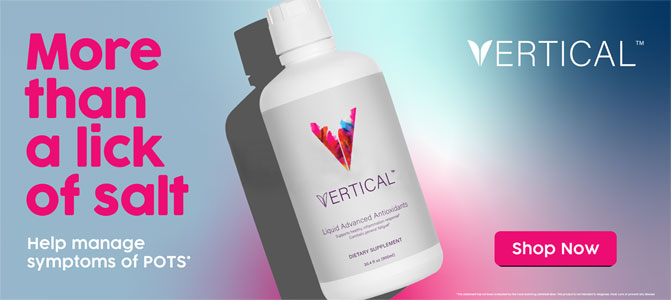Click here to download this post
By Dr. Nicholas DePace and Dr. Joseph Columbo
There are many consequences of Parasympathetic and Sympathetic Dysfunction (P&S Dysfunction; aka., Autonomic Dysfunction or Dysautonomia)
Major consequences and their effects include:
- Abnormal cardiovascular control, causing inappropriate peripheral vasoconstriction, inappropriate shifts in blood volume, poor perfusion and distribution, and inefficient cardiac contractility. The net effects are (1)gravitational pooling of blood volume, usually to the lower half of the body upon or during upright posture; (2) difficulty in returning blood to the heart to produce an adequate cardiac output, which results in inappropriate rapid drops in BP or rapid increases in HR; and (3) an inappropriate distribution of blood flow throughout the various organs of the body, some receiving too much and some too little, resulting in many of the symptoms listed near the end of this Introduction;
- P&S imbalance, both at rest and in response to challenges, causing abnormal organ function even when the organs themselves are normal and healthy. Examples include: (1) unequal pupil sizes; (2) abnormal motility and pH of the gastrointestinal (GI) tract; (3) hormone dysregulation; (4) abnormal pain, inflammatory, histaminergic, BP, HR, blood glucose, or affective (g., anxiety or depression, ADD/ADHD, OCD, PTSD) responses; and
- Compensation, causing many adverse symptoms that may arise when the body attempts to compensate for the P or S dysfunction, such as high resting BP (possibly resulting in secondary hypertension) in response to Orthostatic or Syncopal disorders and auto-immune-like responses resulting from exaggerated inflammatory responses due to Sympathetic Excess secondary to Parasympathetic Excess (see below).
- Note: In cases where the P&S dysfunctions are relieved and symptoms persist, then the remaining dysfunctions or disorders are true end-organ dysfunctions and should be treated accordingly.



